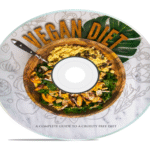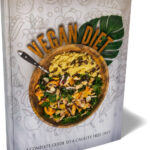Don't miss our holiday offer - up to 50% OFF! ? | Follow Our Social : ![]()
![]()
The Ultimate Guide to the Vegan Diet: Benefits, Meal Plans & How to Start

Discover the health benefits of the vegan diet, how to start, meal plans, and what to eat. A complete guide to plant-based living for better health and weight loss.
Following a Vegan Diet for weight loss can be one of the most effective and sustainable ways to achieve a healthier body while improving energy and overall well-being. To help our clients succeed, we advise focusing on whole, nutrient-dense plant foods such as fruits, vegetables, legumes, lentils, beans, whole grains, nuts, and seeds, while avoiding processed vegan junk foods and excess oils or sugars. The goal is to create a calorie deficit naturally through high-fiber meals that keep you full longer and curb cravings. Start your day with fiber-rich breakfasts like oatmeal or smoothies made with almond milk and leafy greens, enjoy hearty lunches with chickpeas or quinoa bowls, and finish with balanced dinners of steamed vegetables and plant proteins like tofu or tempeh. Stay hydrated by drinking at least 8 glasses of water daily, and include plant-based protein sources to maintain lean muscle while burning fat. Regular light exercise such as walking or yoga further boosts metabolism and enhances results. Remember, successful vegan weight loss comes from consistency, mindful portion control, and eating foods in their most natural form. Over time, this approach helps your body detoxify, reduces bloating, and promotes steady fat loss while giving you glowing skin and renewed vitality.
What is a Vegan Diet?
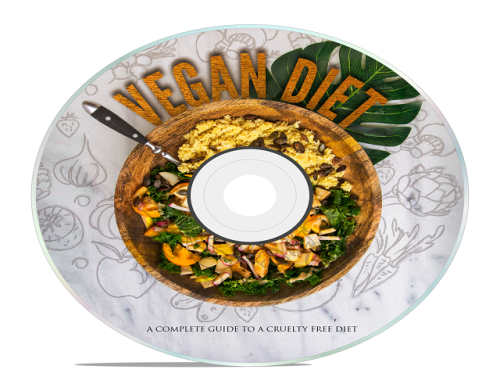
A vegan diet is a plant-based eating lifestyle that eliminates all animal products. Unlike vegetarians who may consume dairy or eggs, vegans avoid meat, fish, poultry, dairy, eggs, and any ingredients derived from animals. Instead, they focus on nutrient-rich foods such as fruits, vegetables, legumes, grains, nuts, and seeds.
Why Go Vegan? | Top Health Benefits

A vegan diet—centered around fruits, vegetables, grains, legumes, nuts, and seeds—offers a wide range of health benefits. By eliminating all animal products, this eating pattern emphasizes nutrient-rich, high-fiber, and low-saturated-fat foods, which can positively impact nearly every system in the body.
Below are the key, science-backed health benefits of following a vegan diet:
🫀 1. Supports Heart Health
One of the most significant benefits of a vegan diet is its positive impact on cardiovascular health.
- Plant-based diets are naturally low in saturated fats and cholesterol, which helps reduce bad LDL cholesterol levels.
- High-fiber foods such as oats, beans, and fruits help lower blood pressure and improve blood vessel function.
- Studies show that vegans have a lower risk of heart disease, stroke, and hypertension due to improved lipid profiles and antioxidant intake.
⚖️ 2. Aids in Weight Management
A vegan diet tends to promote healthy and sustainable weight loss.
- Plant-based meals are lower in calories and high in fiber, helping you feel full for longer while eating less.
- Vegans often have lower body mass index (BMI) compared to non-vegans.
- The emphasis on whole, unprocessed foods helps reduce cravings for high-fat and sugary snacks.
💉 3. Helps Regulate Blood Sugar and Prevent Type 2 Diabetes
Vegan diets can improve insulin sensitivity and help control blood sugar levels.
- Fiber-rich foods slow glucose absorption, leading to steadier energy and fewer spikes in blood sugar.
- Whole grains, legumes, and leafy greens support better glycemic control and may reduce the risk of developing Type 2 diabetes.
- Some studies indicate that vegans have a significantly lower risk (up to 50%) of developing diabetes compared to meat-eaters.
🧠 4. Enhances Brain and Cognitive Function
Certain plant-based nutrients, such as antioxidants, polyphenols, and omega-3s from seeds and nuts, support brain health and mental clarity.
- These compounds reduce inflammation and oxidative stress, protecting brain cells.
- Long-term vegan diets rich in leafy greens and berries have been linked to improved memory and slower cognitive decline.
💪 5. Boosts Energy and Vitality
Because vegan diets emphasize clean, nutrient-dense foods, many followers report higher energy levels and reduced fatigue.
- Whole foods provide steady energy without the crashes associated with processed or high-sugar diets.
- Iron from plant sources (like lentils and spinach) and vitamin C from fruits help improve oxygen delivery to cells.
💩 6. Improves Digestion and Gut Health
Fiber is one of the most powerful nutrients for digestive health—and vegan diets are packed with it.
- High fiber intake promotes regular bowel movements, prevents constipation, and supports gut microbiome diversity.
- A healthy gut can enhance nutrient absorption, improve immune function, and even boost mood.
🧘♀️ 7. Reduces Inflammation in the Body
Animal-based diets high in processed meats and fats can increase inflammation. A vegan diet, rich in antioxidants and phytochemicals, does the opposite.
- Fruits, vegetables, turmeric, green tea, and nuts contain compounds that fight free radicals.
- Reduced inflammation can help alleviate symptoms of arthritis, promote recovery, and lower chronic disease risk.
🧬 8. Supports Longevity and Disease Prevention
A well-balanced vegan diet may contribute to a longer lifespan by reducing risk factors associated with chronic diseases.
- Studies suggest vegans have lower rates of cancer, particularly colon and prostate cancers, due to the higher intake of fiber and antioxidants.
- The absence of processed meats and saturated animal fats supports overall health and cellular protection.
🌿 9. Promotes Clearer Skin and Hormonal Balance
Many people report improvements in skin clarity after transitioning to a vegan diet.
- Eliminating dairy and processed fats may reduce acne and inflammation.
- Plant-based foods provide vitamins A, C, and E—crucial for collagen production and skin repair.
- The diet’s natural hormone-balancing effect helps support a healthy complexion.
💚 10. Strengthens the Immune System
Plants are packed with immune-boosting compounds like vitamin C, zinc, and antioxidants.
- These nutrients enhance white blood cell function, helping the body fight off infections.
- A strong immune system means fewer illnesses, faster recovery, and greater resilience against stress.
⚠️ Note on Balanced Nutrition
While a vegan diet offers many benefits, it’s essential to maintain proper nutrition:
- Supplement Vitamin B12, Vitamin D, and Omega-3 fatty acids if not obtained through fortified foods.
- Include protein-rich sources such as lentils, tofu, tempeh, chickpeas, and quinoa.
- Rotate foods to ensure a complete range of amino acids and micronutrients.
🥗 Summary
A vegan diet provides numerous health benefits—from improved heart and digestive health to better energy, skin, and weight control. When properly balanced, it can lower disease risks, boost longevity, and enhance overall well-being. By focusing on whole, nutrient-rich plant foods, you nourish your body, protect the planet, and promote a vibrant, healthy life.
How to Start a Vegan Diet — Step-by-Step
Switching to a vegan lifestyle can be easy if you take it step by step. Here’s how:
Step 1: Educate Yourself
Learn the basics of plant-based nutrition and which nutrients you’ll need to pay attention to (like vitamin B12, iron, calcium, and omega-3).
Step 2: Plan Your Pantry
Stock up on essentials like:
Lentils, chickpeas, and black beans
Brown rice, quinoa, oats
Almond milk, soy milk
Tofu, tempeh, and seitan
Nuts, seeds, and nut butters
Leafy greens and colorful vegetables
Step 3: Transition Gradually
Start with “Meatless Mondays,” then slowly replace meals with vegan alternatives. Try vegan versions of your favorite meals—like lentil spaghetti or chickpea curry.
Step 4: Try Meal Planning
Having a weekly vegan meal plan reduces stress and helps you stay on track.
How to Start a Vegan Diet — Step-by-Step
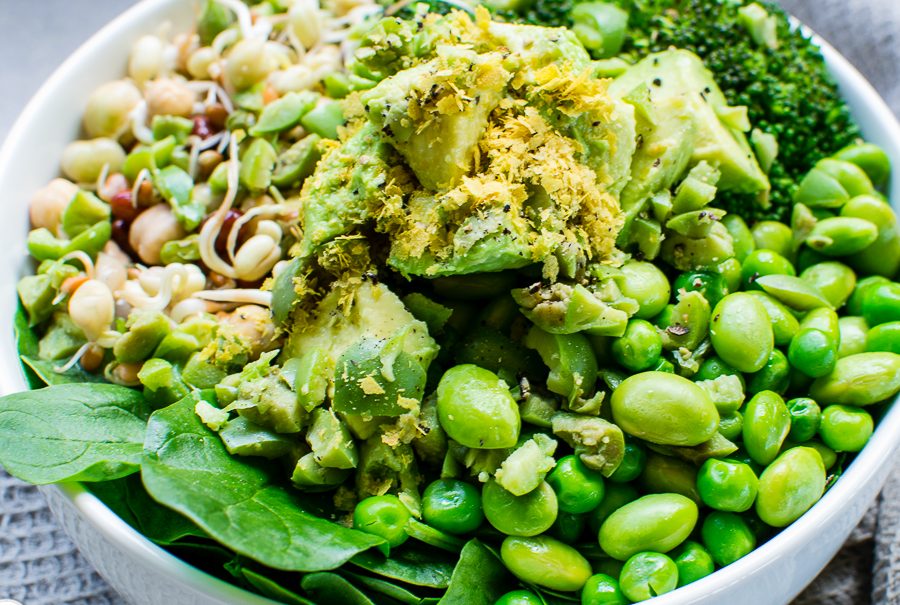
🥦 How to Start a Vegan Diet — Step-by-Step Guide for Beginners
Switching to a vegan diet is one of the most rewarding lifestyle changes you can make — for your health, the planet, and animal welfare. Whether your goal is to lose weight, boost energy, or live more consciously, starting a plant-based diet can be simple and satisfying when done right.
Below is a step-by-step plan to help you transition smoothly and stay consistent.
🌱 Step 1: Understand What a Vegan Diet Is
A vegan diet eliminates all animal-derived foods, including:
❌ Meat, poultry, and fish
❌ Dairy (milk, cheese, butter, yogurt)
❌ Eggs
❌ Honey
Instead, vegans eat whole, plant-based foods such as:
✅ Fruits and vegetables
✅ Legumes (beans, lentils, peas)
✅ Whole grains (brown rice, oats, quinoa)
✅ Nuts and seeds
✅ Plant-based proteins (tofu, tempeh, seitan)
🥗 Step 2: Start Slowly — Transition, Don’t Rush
You don’t have to go 100% vegan overnight. The best results come from gradual change.
Here’s how to transition smoothly:
- Begin by removing one animal product at a time.
- Example: Start with dairy-free milk (almond, soy, or oat milk).
- Try Meatless Mondays — dedicate one day a week to vegan meals.
- Replace animal protein with plant-based alternatives (beans, lentils, or tofu).
- Experiment with vegan recipes that mimic your favorite dishes (like vegan burgers or pasta).
🧠 Step 3: Learn Vegan Nutrition Basics
Balanced nutrition is the key to long-term success on a vegan meal plan.
You’ll need to make sure you’re getting enough of the following:
Nutrient | Plant-Based Sources | Benefits |
Protein | Lentils, chickpeas, tofu, tempeh, seitan | Builds and repairs muscles |
Iron | Spinach, quinoa, beans, pumpkin seeds | Prevents fatigue and weakness |
Calcium | Fortified plant milk, kale, almonds | Strengthens bones |
Vitamin B12 | Supplements or fortified foods | Supports energy and nerve function |
Omega-3 | Flaxseeds, chia seeds, walnuts | Supports brain and heart health |
Consider a vegan multivitamin or B12 supplement to fill any gaps.
🍎 Step 4: Plan Your Meals Ahead
Meal planning is essential when starting your vegan diet.
Without preparation, it’s easy to fall back into old habits.
Vegan Meal Prep Tips:
- Plan meals for 3–5 days at a time.
- Keep ready-to-eat snacks like nuts, fruits, and hummus handy.
- Batch-cook staples like quinoa, beans, and roasted veggies.
- Use apps or Pinterest to find simple vegan recipes.
vegan meal prep, vegan grocery list, beginner vegan meal plan, plant-based diet recipes.
🛒 Step 5: Create Your Vegan Grocery List
A good shopping list makes everything easier.
Here’s a quick starter list for your next trip:
Pantry Essentials
- Brown rice, oats, quinoa, whole-grain pasta
- Lentils, black beans, chickpeas
- Canned tomatoes, coconut milk
Fresh Produce
- Spinach, kale, broccoli, avocados
- Bananas, berries, apples, oranges
Proteins & Fats
- Tofu, tempeh, seitan
- Almonds, walnuts, chia seeds, peanut butter
Dairy Alternatives
- Oat milk, almond milk, soy yogurt, vegan cheese
🥣 Step 6: Focus on Simple & Delicious Meals
Start with easy recipes that require minimal ingredients.
Here are a few ideas:
🌮 Breakfast: Oatmeal with almond milk, chia seeds, and fruit
🥗 Lunch: Chickpea salad with olive oil and lemon dressing
🍛 Dinner: Stir-fried tofu with brown rice and mixed vegetables
🍪 Snack: Hummus with carrot sticks or a handful of almonds
vegan breakfast ideas, vegan dinner recipes, easy vegan snacks.
💪 Step 7: Stay Motivated and Track Progress
Changing your diet takes time — celebrate your progress!
Tips for staying consistent:
- Join vegan Facebook groups or online communities.
- Follow vegan influencers or YouTube chefs for recipe inspiration.
- Keep a food journal to track your meals and energy levels.
- Focus on how you feel — lighter, more energized, and healthier.
🌟 Step 8: Be Kind to Yourself
Remember, this is a journey, not a race.
If you make mistakes or eat non-vegan food occasionally, don’t feel guilty.
Just return to your plant-based habits and keep moving forward.
🧡 Final Thoughts
Starting a vegan diet can transform your health, improve digestion, boost energy, and even help with weight loss. By focusing on whole foods, balanced nutrition, and consistency, you’ll soon discover that eating vegan isn’t just sustainable — it’s delicious and empowering.
Vegan Protein Sources You Can Count On
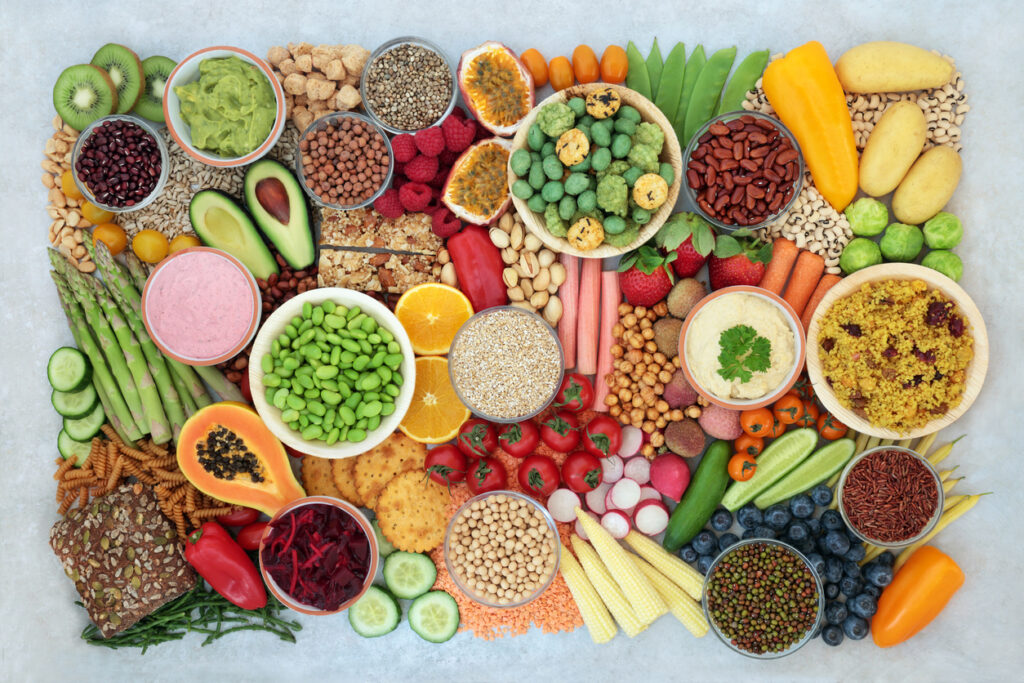
Many people ask: “Can you get enough protein on a vegan diet?” Absolutely! Some excellent vegan protein sources include:
Tofu and tempeh
Lentils and legumes
Quinoa
Edamame
Hemp, chia, and flax seeds
Vegan protein powders (pea, rice, or hemp)
Common Nutrient Considerations
While the vegan diet is healthy, it’s important to watch your intake of:
Vitamin B12: Use fortified foods or a supplement
Iron: Found in lentils, tofu, and spinach—pair with vitamin C for better absorption
Omega-3s: Get from flaxseed, chia, walnuts, or algae supplements
Calcium: Choose fortified plant milks or leafy greens
Veganism and the Environment
Going vegan reduces your carbon footprint, conserves water, and helps fight deforestation. A single person going vegan for one year saves approximately:
200 animals
1.3 million gallons of water
20,000 pounds of CO₂
Debunking Common Vegan Myths

“Vegan food is boring.”
→ Not true! From creamy pastas to vegan burgers, there’s a plant-based version of everything.
“You can’t build muscle as a vegan.”
→ Many top athletes and bodybuilders follow vegan diets. With proper planning, it’s very possible.
Whether you’re doing it for your health, the environment, or animal welfare, a vegan diet can be one of the most rewarding lifestyle choices you make. With so many delicious plant-based options available today, there’s never been a better time to go vegan.


